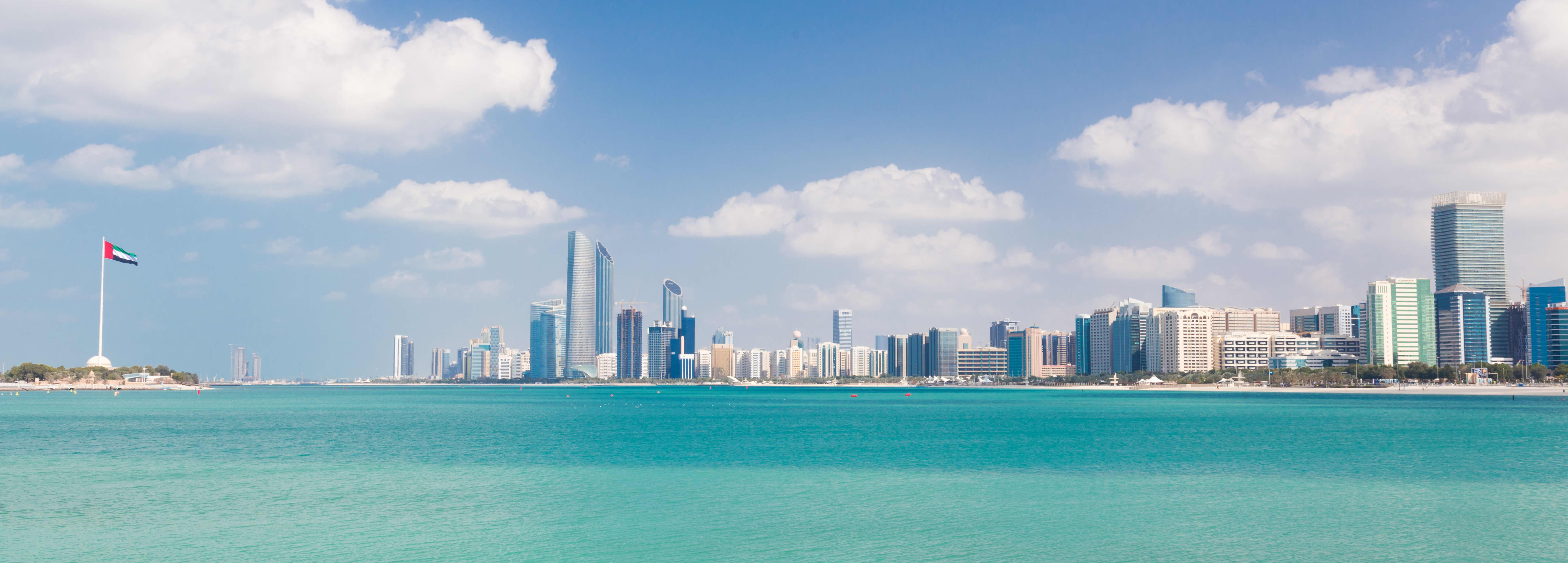Abu Dhabi city skyline, United Arab Emirates.
kasto80 | iStock | Getty Images
The Abu Dhabi Government is turning to the private sector for the next phase of its multi-year, 50 billion dirham ($13.6 billion) economic stimulus plan known as Ghadan 21.
The stimulus package is aimed at future-proofing and diversifying the Arab world’s second-largest economy, with demand for its lucrative hydrocarbon exports likely to peak in the next two decades and rising external risks challenging its growth outlook.
“It’s important to bring in the private sector,” Mohammed Al Shorafa, chairman of the Abu Dhabi Department of Economic Development, told CNBC’s “Capital Connection” in an exclusive interview on Wednesday.
Abu Dhabi, the capital of the United Arab Emirates, said it will seek to procure approximately 10 billion dirhams worth of infrastructure projects across a range of sectors under its public-private partnership model.
The model also aims to provide the private sector with more certainty and transparency around the development and procurement of major infrastructure projects.
“We believe as a government, and as the leadership in Abu Dhabi, that the private sector is an important partner in this,” Al Shorafa added, saying the projects will cast a wide net, focusing on the social, municipal and transportation sectors.
Ghadan 21 has launched more than 50 proposals in its first year and officials say further plans will be rolled out in 2020 and 2021 to build on the reform momentum.
It comes after the International Monetary Fund warned last year that achieving sustainable, private-sector-led growth will require Abu Dhabi to capitalize on new growth drivers that are decoupled from oil prices.
“The government and the leadership have taken the direction of trying to reduce dependency on hydrocarbon revenues,” Al-Shorafa said. “We have to be as diversified as possible,” he added.
Measures also include incentive packages, new licenses and increased funding opportunities for businesses and small to medium-sized businesses; grants and access to resources for innovators within the start-up ecosystem, and a deep social spend that will see new investment in public parks and greenspaces.

